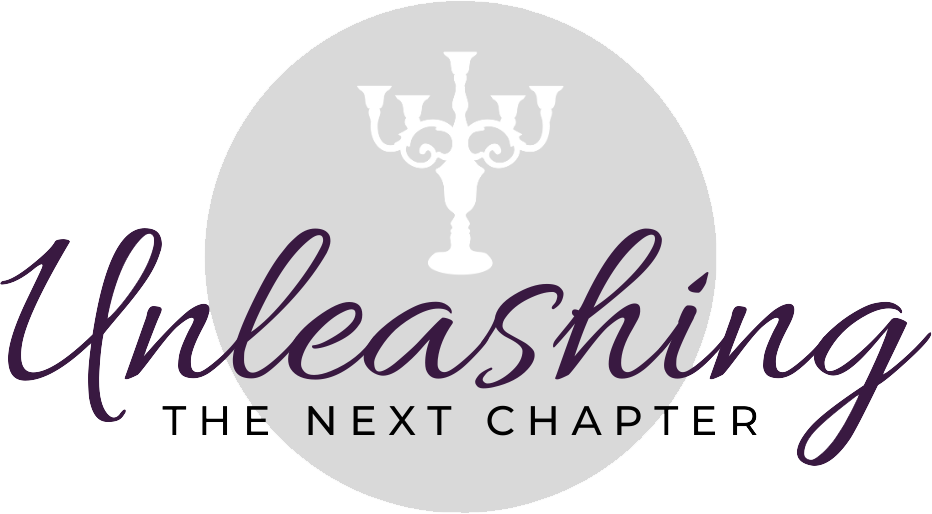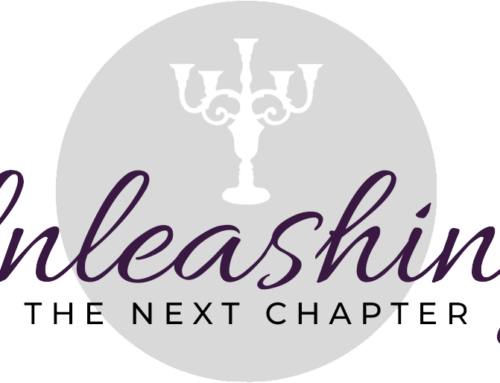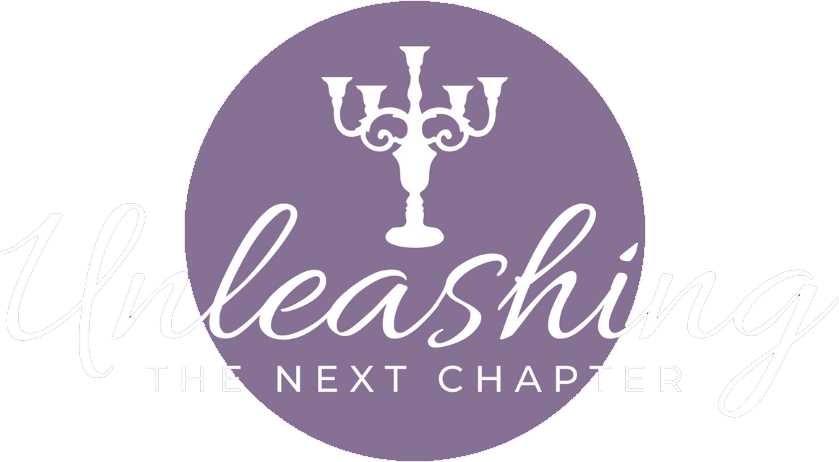“It was a dark and stormy night…” is the opening phrase of Bulwer-Lytton’s Paul Clifford (1830), and since then popular culture and the literati have either praised it as the best hook or mocked it as the worst first line and an example of what not to do. Here in North Texas, a dark and stormy night is cause for both praise and anguish. We suffer from drought and water shortages, so the rain is vital. At the same time, for those of us who suffer from medical issues that are exasperated by the change in weather, we silently curse every storm front.
Yesterday a front moved in, and I barely made it off the couch. I was blessed with a double gift of an arthritis flare-up and a migraine. Today is a dark and stormy day, and another migraine hang-over day. I knew I needed to write something for my blog, so lacking inspiration I asked my Facebook friends for a suggestion. Hope Clark responded first, suggesting I write about “how to write with a migraine.” At first I thought she was joking and dismissed the idea. A minute later it occurred to me she might be serious and I ought to consider the possibility.
The truth is I don’t actually write when I have a migraine. And when I say “migraine,” I’m not referring to a bad headache. It’s impossible to write when my vision is blurred and the light stabs my eyes. I hate taking pain medicine because of unpleasant side-effects, so I often suffer too long in a dark room. But here’s the blessing of the migraines… one of my coping skills to manage the pain is getting lost in my imagination. I either mentally remove myself from the pain and into another time and place, or I focus on developing the plot and characters of my current story. I have lost count of all the stories that started as an escape from a migraine. So perhaps I actually do write when I have a migraine.
In case there are other creative people who lose working time due to their illnesses, I thought it might be helpful to consider how I use my “sick days.”
- Audio–I listen to audio books, podcasts, and music. Writers must be readers. Personally I believe everyone in every walk of life should read. It’s how we learn about everything. Reading inspires every facet of my life. Music has the ability to calm and relax some of the pain, or to refocus my attitude. I have listened to some wonderful music and books while hiding from migraines in a dark room. Additionally, you can find podcasts on every topic imaginable. I listen to productivity experts, creativity gurus, art history lectures, Bible teachers, vegan extreme athletes, educational and political commentators, and more.
- Dictation–I don’t use this as much as I could, but when my hands hurt too much to hold a pen or type, or I can’t see due to blurred vision or light sensitivity, I have been known to record my ideas using MicroSoft’s Voice Recognition software. It comes standard with Windows (I’ve been using it since Windows 97) as well as Android devices. The more you use it, the more accurate it becomes. I have drafted entire articles, responded to e-mails, and recorded notes and ideas in Evernote with it.
- Brainstorming–I am constantly surprised by the ideas I come up with when I am trying to escape the pain. Sometimes just removing myself from the noise and distractions of daily life is enough to get creative juices flowing. Also, that creative space right before one falls asleep or awakens, as well as dreams, is great for ideas whether sick or healthy. Other times I think my medicine helps a bit. Many famous writers were known for their alcohol or drug use, and although I would never suggest that as a valid technique for inspiration, I have learned that my pain medications can silence my inner critic and let me consider things I normally wouldn’t. I make sure to keep a recording device or notepad by my bed as I am sure to forget these ideas. Later on I can evaluate if the ideas are useful or not.
I also find it encouraging to remember other brilliant and creative people who worked around their illnesses and disabilities. Stephen Hawking, Frida Kahlo, Helen Keller, Beethoven, and Franklin D. Roosevelt all found ways to work around their disabilities. Many famous actors, musicians, artists, and authors suffer chronic migraines.
The take-away here is that when a person is passionate about something, he will find a way to accomplish that thing. I often feel like I’m not writing because I’m not actively engaged in putting words on paper, but the other parts of writing (imagining, planning, plotting, character development, research, etc.) are just as important and vital to one’s work. It doesn’t matter if you are a writer, composer, sculptor, scientist, or entrepreneur–if you are able to think and passionate about what you create, you will find a way to get it done.
I’m curious how others with illnesses or disabilities are able to be productive on their “dark and stormy” days. Please leave a comment so we can all learn and be encouraged to keep creating.




Well stated and encouraging!
[…] why I write and my audience (learning new technology might be easier). I wrote a post a while back (Creating with Disabilities) sharing how I work on my bad days. I need to put more of those techniques into regular […]